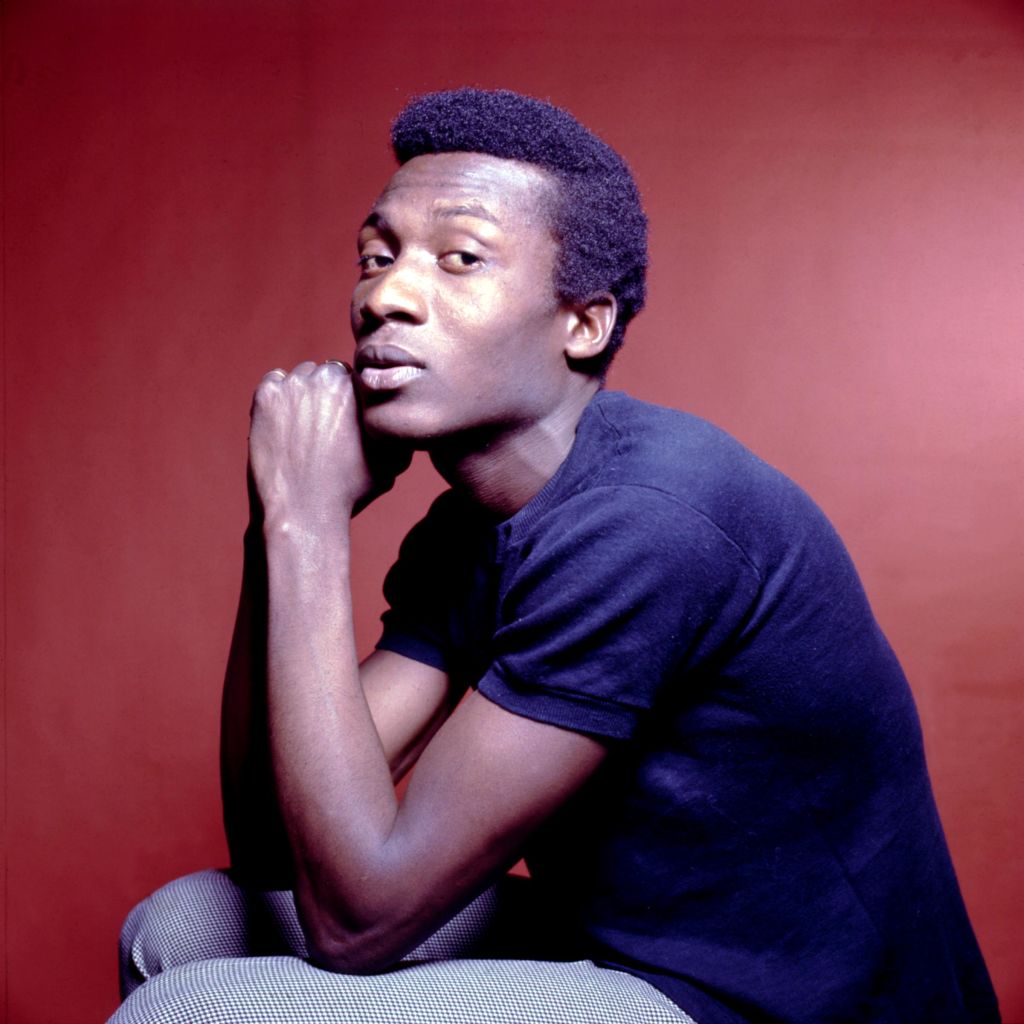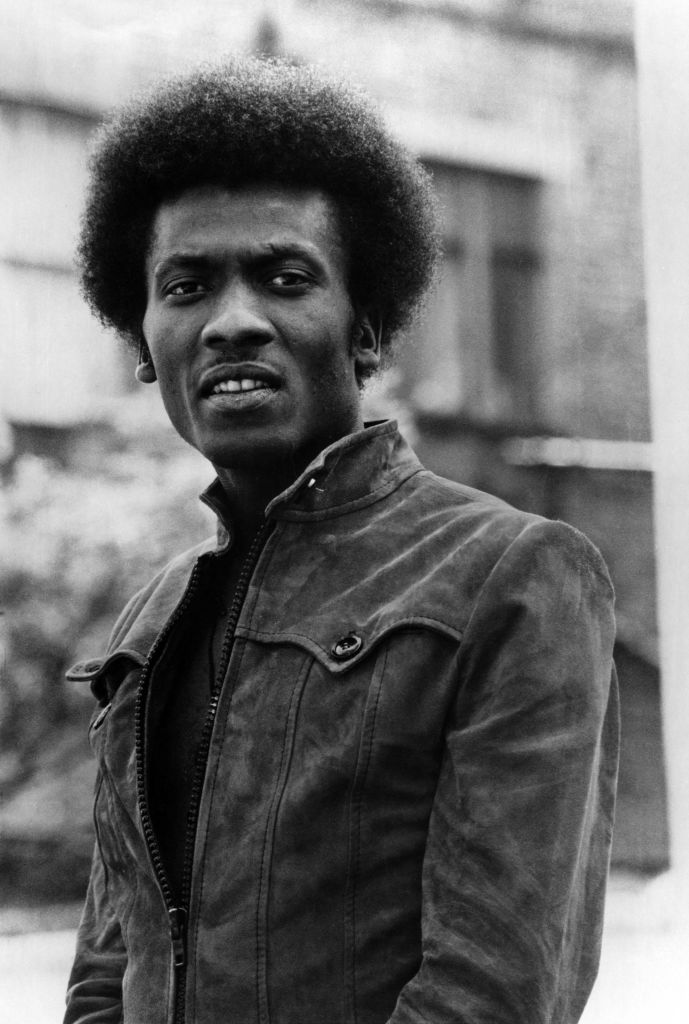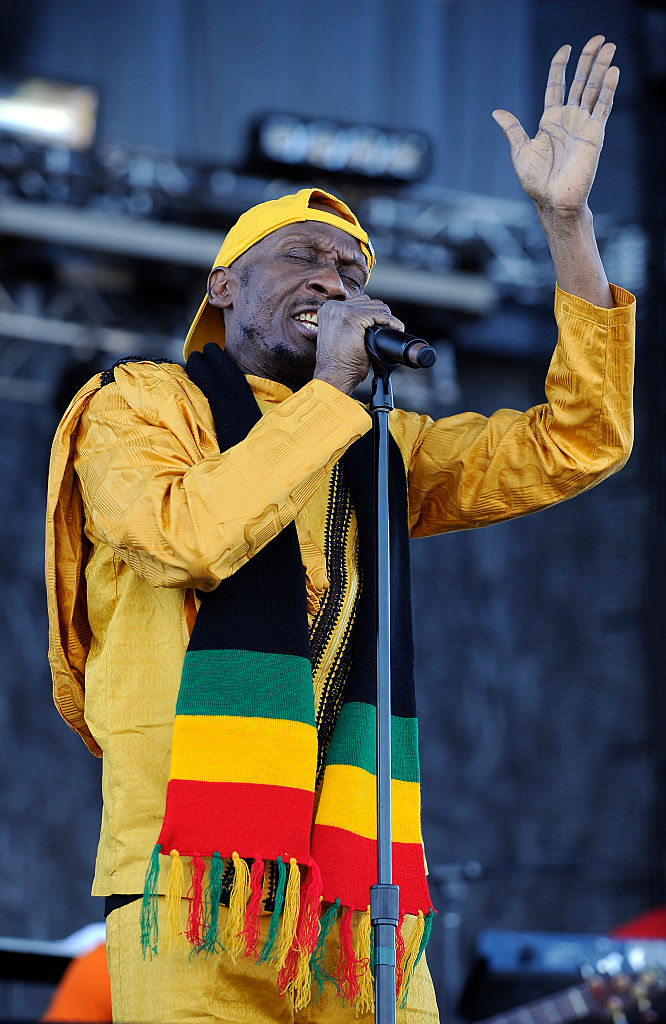Jimmy Cliff, the magnetic reggae trailblazer and actor whose voice defined joy, rebellion and survival through classics like “Many Rivers to Cross,” “You Can Get it If You Really Want” and “Vietnam,” has died at 81.
He poured pure soul into every note, creating some of the most unforgettable songs in reggae history. But now, the world is mourning, GRAMMY-winning reggae legend Jimmy Cliff has passed away.
If Bob Marley is often viewed as the “God of Reggae,” then Jimmy Cliff could be seen as the genre’s “Jesus Christ”, even though he never claimed to have created reggae himself.
Known to millions for his soaring rendition of “I Can See Clearly Now” from Cool Runnings and his timeless anthem “Many Rivers to Cross,” Cliff was a trailblazer whose influence stretched far beyond Jamaica’s shores.

Raised in deep poverty, he rose from almost nothing to become reggae’s first true global superstar, opening doors for countless artists and helping carve the path that Bob Marley would later walk.
His voice, his presence, and his legacy reshaped the sound of a generation.
His wife, Latifa Chambers, confirmed the sad news on Monday, according to AP.
In a message shared across Cliff’s social media accounts, Chambers and the couple’s three children revealed that he passed away following a “seizure followed by pneumonia.” No additional details have been released.
“To all his fans around the world, please know that your support was his strength throughout his whole career,” the family’s post read. “He really appreciated each and every fan for their love.”
The Harder They Come success
A Jamaican native with a distinctive tenor and a knack for sharp, socially aware lyrics, Cliff emerged from Kingston’s bustling music scene as a teenager, Associated Press writes. He became a key figure in the 1960s wave of talent that also produced legends like Bob Marley, Toots Hibbert and Peter Tosh.
According to the reagge icon, his musical influences included legends like Stevie Wonder, Marvin Gaye, and Miles Davis. Cliff was mild-mannered and soft-spoken in everyday life, but the moment he stepped on stage, everything changed.
“(Reggae) is a pure music. It was born of the poorer class of people,” Cliff told Spin in 2022. “It came from the need for recognition, identity and respect.”
His career reached a defining moment in the early 1970s when he starred as Ivanhoe “Ivan” Martin in Perry Henzell’s groundbreaking film The Harder They Come— a raw portrait of an ambitious musician pushed into crime when the industry fails him.

The movie came surprisingly close to the real Jamaica of 1965–1975, especially when it comes to rapid urbanization, the music industry, and the rise of crime.
The story follows Ivanhoe “Ivan” Martin, a young man from the countryside who heads to Kingston hoping for a better life. But once he arrives, he finds only unemployment and closed doors. With no legal way to support himself, he eventually gets pulled into the world of local gangsters and is forced to take small jobs for them just to survive.
The film took years to finance, but ultimately became Jamaica’s first major commercial release and a global cultural touchstone.
“Back in those days there were few of us African descendants who came through the cracks to get any kind of recognition,” Cliff told The Guardian in 2021. “But when you start to see your face and name on the side of the buses in London that was like: ‘Wow, what’s going on?’”
“Ivanhoe was a real-life character for Jamaicans,” Cliff told Variety in 2022.
“When I was a little boy, I used to hear about him as being a bad man… However, being a hero was the manner in which Perry wanted to make his name — an anti-hero in the way that Hollywood turns its bad guys into heroes.”
Its soundtrack is now considered one of the greatest ever created, boosting reggae’s international rise. Cliff performed four of its 11 tracks, including the rallying title song and the reflective “Sitting in Limbo.”
His soulful cry in “Many Rivers to Cross” came from painful real-life experiences, he told Rolling Stone in 2012: “It was a very frustrating time. I came to England with very big hopes, and I saw my hopes fading.”
A legacy that never faded
Though his peak coincided with The Harder They Come, Cliff continued creating music for decades, recording with icons like the Rolling Stones, Wyclef Jean, Sting and Annie Lennox. His early hits remained influential: Nicaragua’s Sandinistas used “You Can Get it If You Really Want” as a campaign anthem, and Bruce Springsteen boosted Cliff’s U.S. popularity with his live cover of “Trapped” for the We Are the World charity album.
His songs have been covered by artists ranging from John Lennon to Cher to UB40.

Cliff earned seven Grammy nominations and won twice for Best Reggae Album—first in 1986 for Cliff Hanger and again in 2012 for Rebirth, widely hailed as a creative resurgence. His long list of honors includes induction into the Rock and Roll Hall of Fame and Jamaica’s prestigious Order of Merit. In 2019, Montego Bay renamed its famous “hip strip” Jimmy Cliff Boulevard, and two years later he was granted an official Jamaican passport recognizing him as a Reggae Ambassador.
By the late ’60s, he had signed with Island Records and expanded his reach with global hits like his cover of Cat Stevens’ “Wild World” and the uplifting “Wonderful World, Beautiful People.” His searing protest song “Vietnam” was inspired by a devastated friend who returned from the war “damaged beyond recognition.”
We’ve lost a legend, a cornerstone of music, and one of Jamaica’s greatest sons. Rest in peace, Jimmy Cliff. Your music, your spirit, and your legacy will forever remind the world that you were here.
